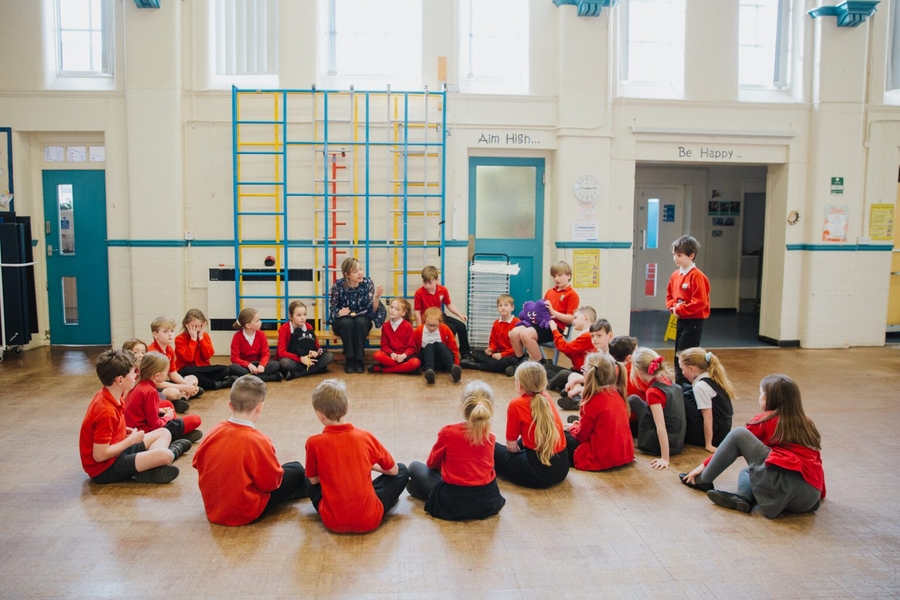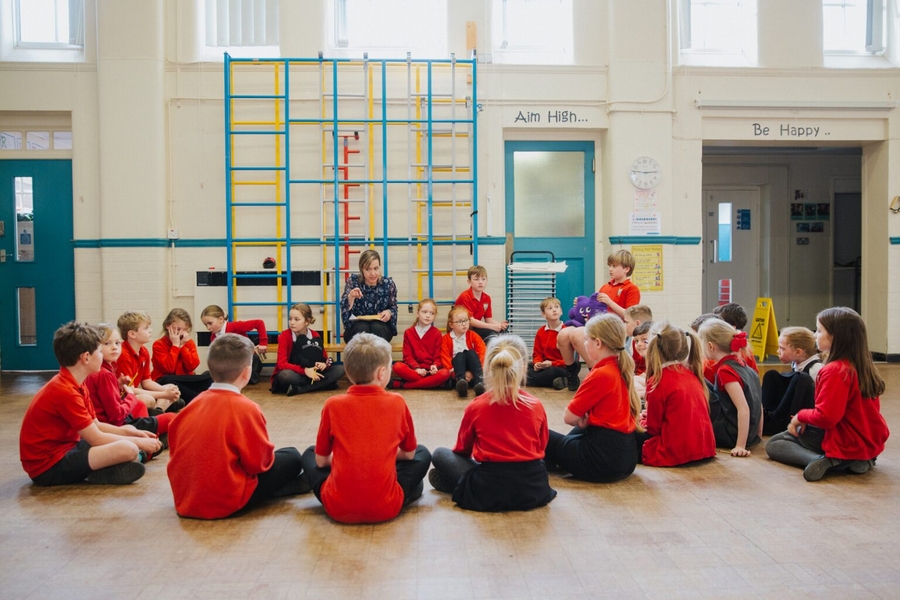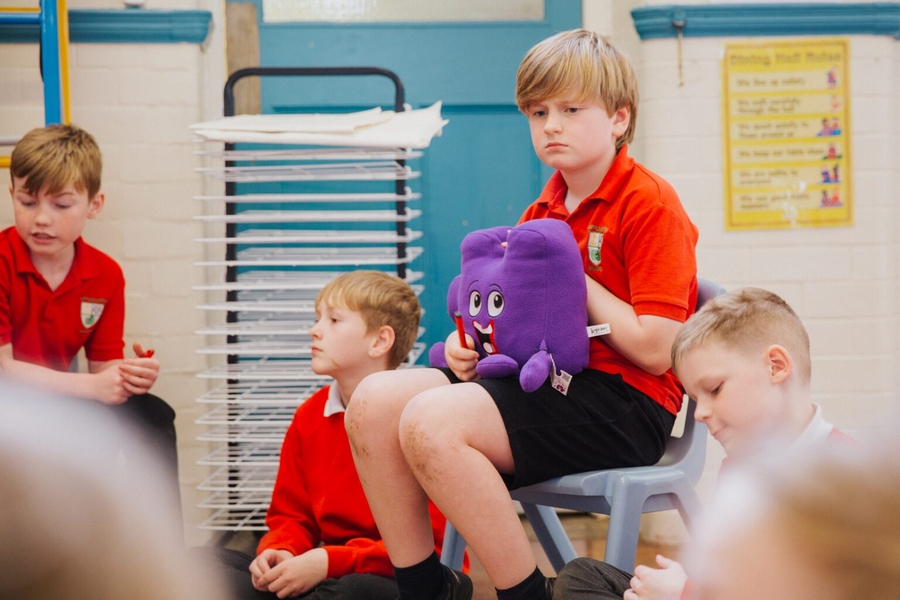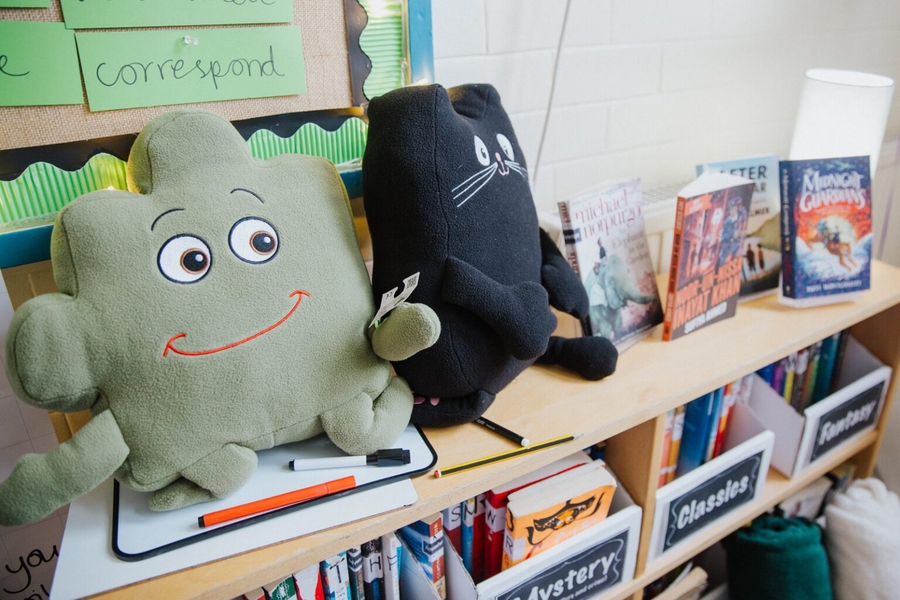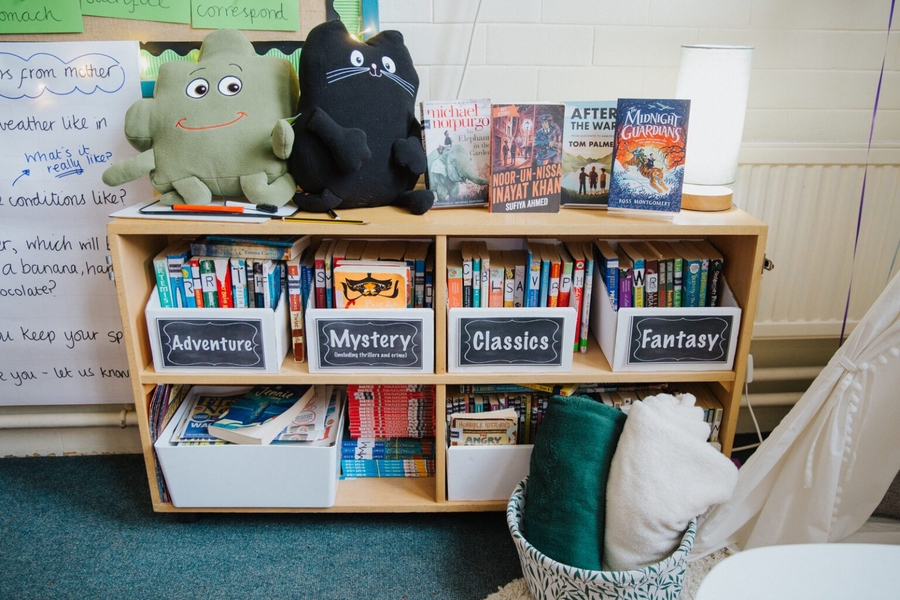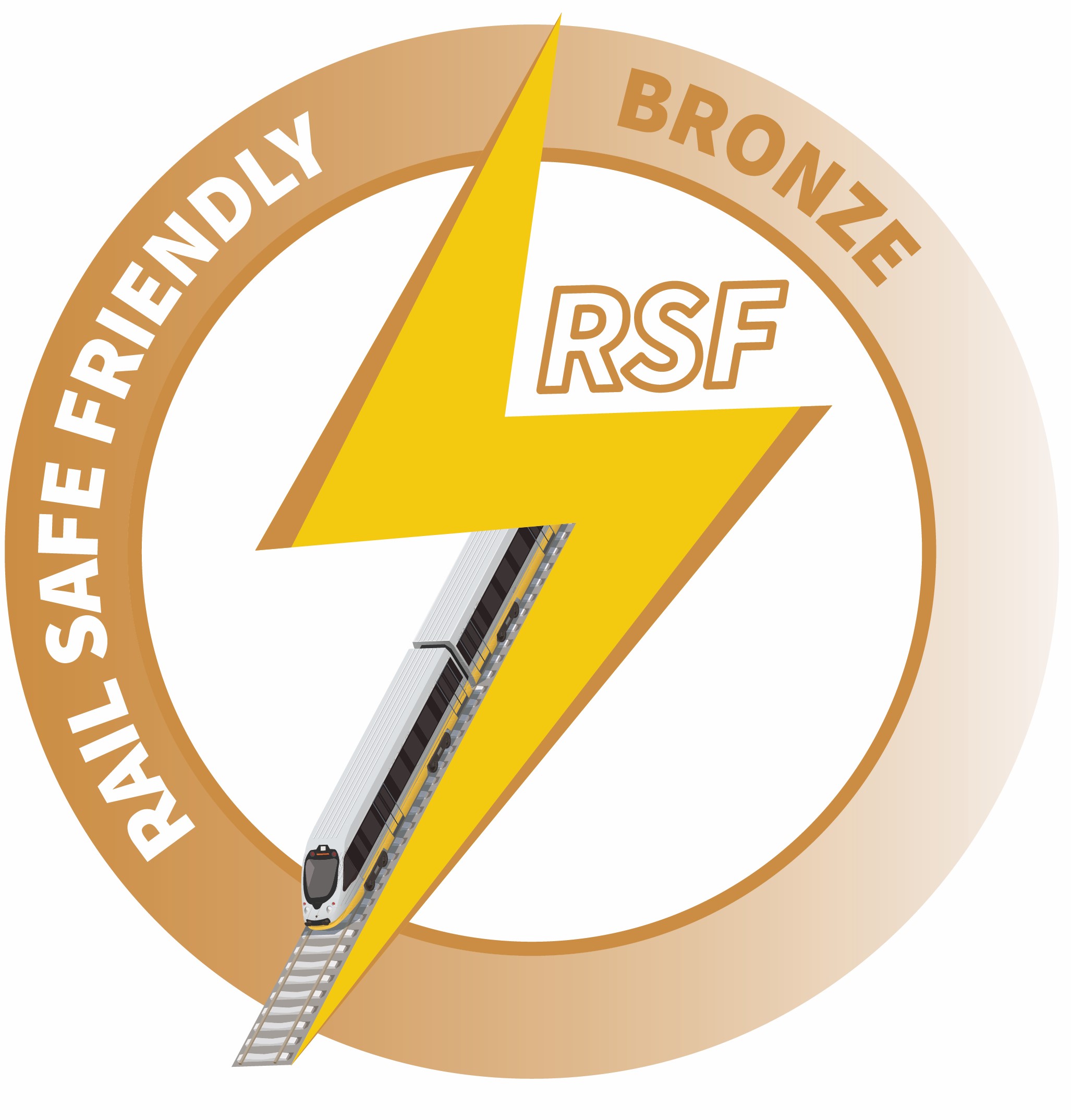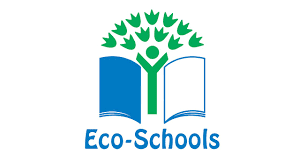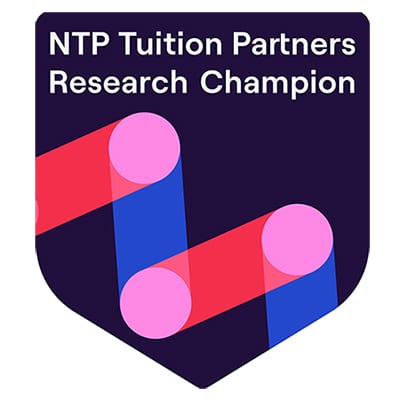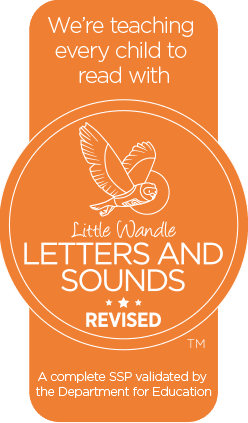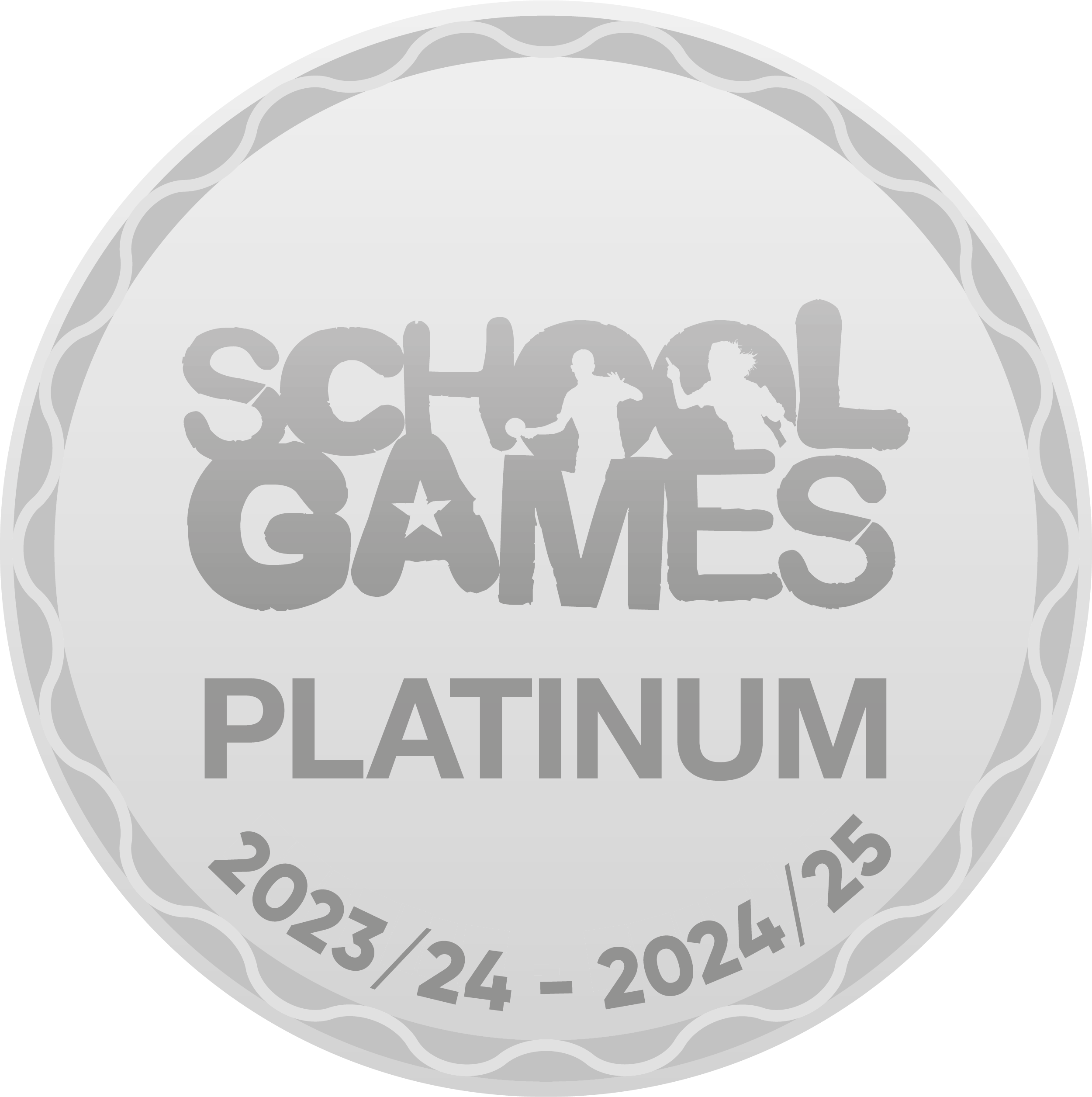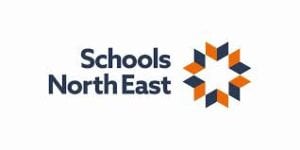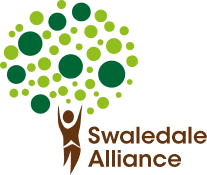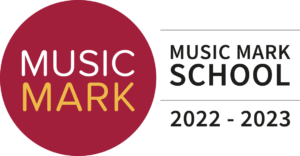Subject Leader: Mrs A Mitchell
Intent
Documents – PHSE – Intent
| PHSE – Intent Policies & Documents | Download |
| PSHE and RSE Long-Term Plan | Download |
| Progression in PSHE & RSE | Download |
| National Curriculum – PHSE & RSE | Download |
At our school, PSHE and RSE help pupils develop the personal, social, and emotional skills needed for a healthy, happy, and purposeful life. These subjects support positive relationships, wellbeing, and responsible citizenship.We follow the Kapow Primary scheme alongside the My Happy Mind programme, which promotes mental health and wellbeing through strategies rooted in neuroscience.
Our aims are to:
- Support pupils’ spiritual, moral, social, cultural, mental, and physical development.
- Promote British Values across all year groups.
- Prepare pupils for the opportunities and responsibilities of everyday life.
- Equip pupils to lead confident, healthy, and independent lives.
- Develop emotional literacy, resilience, self-awareness, and positive mental health.
- Encourage empathy, gratitude, and a growth mindset.
- Promote respectful relationships and emotional regulation.
- Meet our duties under the Children Act 2004, the Education Act 2006, and the Equality Act 2010, including safeguarding, inclusion, and preventing prejudice-based bullying.
- Through this integrated approach, pupils build the knowledge and confidence to thrive as kind, informed, and responsible members of society.
Curriculum Documents
Family Information and Consultation
Documents – Family Information – PHSE
| Family Information – PHSE Policies & Documents | Download |
| PSHE and RSE Newsletter Prior to Consultation (Feb 2021) | Download |
| Information for families | Download |
| RSE Guidance for Parents and Carers | Download |
To be updated.
Implementation

Kapow
Kapow has a PSHE and RSE curriculum that fulfils the statutory requirements for Relationships and Health Education set out by the Department for Education. It also fulfils the National Curriculum requirement to teach PSHE and goes beyond the statutory requirements.
Applegarth follows the Kapow Primary scheme of work for PSHE and RSE under the following 5 key areas from Y1 to Y6: – Families and relationships – Health and wellbeing – Safety and the changing body – Citizenship – Economic wellbeing – Identity (Y6 only).
Our spiral curriculum revisits key areas throughout KS1 and KS2, building on prior knowledge with increasing depth and maturity to support pupils’ development as confident, articulate individuals.
My Happy Mind
My Happy Mind is an award-winning programme grounded in neuroscience and scientific research. It is a preventative initiative designed to help children develop positive mental health habits, resilience, and self-esteem.
All pupils take part in a My Happy Mind lesson each week and are encouraged to apply the strategies they learn in their daily lives. Each child is provided with a My Happy Mind journal, and Year 6 pupils also receive an additional transition journal to help them prepare for secondary school.
Journaling is promoted as a powerful tool for supporting mental health, emotional regulation, and self-awareness.
There are 5 Modules which will take place throughout the year. These include weekly lessons. The children will learn about:
- Meet your brain – Meet Team HAP! Team HAP helps children learn all about 3 key parts of their brain: the hippocampus, the amygdala and the pre-frontal cortex.
- Celebrate – children build self-esteem by learning all about their character strengths
- Appreciate – children are supported to develop an attitude of gratitude which has a proven, positive impact on mental wellbeing
- Relate – children learn to improve their listening skills so that they are better able to communicate and understand each other
- Engage – children will build resilience through setting and achieving goals.
PSHE and RSE lessons are reinforced and embedded throughout school life. Learning is enhanced through:
- Lessons
- Assemblies
- Lunchtimes and playtimes
- Our praise and reward systems
- Positive relationships across the school – between pupils, staff, and between adults and children
At Applegarth Primary School, we aim to live out the values and skills taught in PSHE and RSE, applying them to everyday situations within our school community.
Dedicated lesson time is allocated each week to the delivery of both PSHE and RSE.
Impact
| 2021/2022 | 2022/2023 | 2023/2024 New EYFS Framework | 2024/2025 | |
| Reception (Cumulative total of Self-Regulation, Managing-Self and Building Relationships) | 80% | 69% | ||
| Yr 1- 6 (Applegarth pupils) Expected at Summer Term | 88% | 83% | 84% | 83% |
Documents – PHSE – Growing Up
| PHSE – Growing Up Policies & Documents | Download |
| Growing Up in North Yorkshire Report Summary (2022) | Download |
| Growing Up in North Yorkshire Report Summary (2020) | Download |
Evidence of the social and emotional progress our pupils are making can be seen in the comparison between the 2020 and 2022 Growing Up in North Yorkshire survey reports below.
Documents – PHSE Survey
| PHSE Survey Policies & Documents | Download |
| Survey Comparison KS2 | Download |
| Survey Comparison KS1 | Download |
90% of pupils in key stage one are working at, or above, the expected standard in PSHE and RSE. 85% of key stage two pupils are working at or above expectation.
Pupil Voice
Year 6 pupil: “We learn about the world, ourselves and other people.”
Year 5 pupil: “I know what is going on and I am aware of body changes. I was nervous but feel more confident now.”
Year 4 pupil: “My favourite lesson is when we designed our own charity fundraisers. I did Marie Curie. We got to think about other people and what they are going through.”
Year 3 pupil: “We learn that everyone is different. You are unique.”
Year 3 pupil: “I have learnt to take a moment to calm down and take a break. Sometimes things are stressful, and I see how it is the next day.”
Year 1 pupil: “Families are different but love is love.”
Key Questions
Why was there a new RSE curriculum in 2020?
The current curriculum has not been updated for 20 years. Children need to learn what is relevant to them and the world they are growing up in.
The Relationships and Health Education 2020 curriculum is designed to:
- Help all children grow up healthy, happy and safe.
- Give all children the knowledge to make informed decisions about their well-being, health and relationships.
- Support all children to manage the challenges and opportunities of modern Britain.
- Prepare all children for successful adult lives.
Can I withdraw my child from the RSE curriculum?
Parents cannot withdraw their child from any part of the Relationships and Health Education aspects of the RSE curriculum. It is important for ALL children to be taught the content on such essential matters as friendships and keeping safe.
There are separate rules for withdrawing a child from Sex Education. Sex education is separate from the Relationships and Health curriculum and parents can withdraw children from some or all of the lessons on Sex Education. We will not be teaching specific Sex Education lessons.
Where does Sex Education feature in the science curriculum?
Sex education is not compulsory in primary schools, beyond what is laid out in the National Curriculum for Science:
● Year 1: Identify, name, draw and label the basic parts of the human body and say which part of the body is associated with each sense.
● Year 2: Notice that animals, including humans, have offspring which grow into adults.
● Year 5: Describe the life process of reproduction in some plants and animals; describe the changes as humans develop to old age [They should learn about the changes experienced in puberty.

